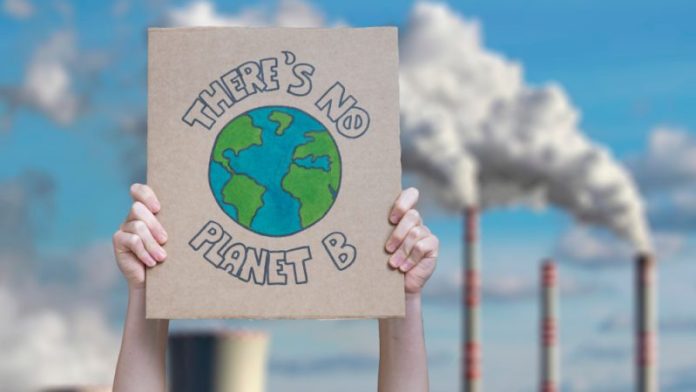The idea of economic growth dependent on environmental impact collapsed against the backdrop of wars, according to Il Blog di Beppe Grillo.
At first, people were sceptical about the Green Deal. They could hardly believe that the EU would move to such a policy. At the time, a strategy to reduce energy dependence and develop industrial co-operation with China seemed to be the way out. It would have provided the technology needed for a decarbonised energy system.
However, in February 2022, the war in Ukraine broke out and everything changed. As a result, the European Green Deal underwent a major transformation, losing ambition and strength.
After the war began, issues, such as nuclear power and aerospace, became entrenched in legislative proposals, weakening or changing environmental policies. Countries began to shift towards defence and rearmament.
The issue of decarbonisation gave way to energy autonomy and technological reality. Meanwhile, climate resilience turned into military preparedness. Instead of economic recovery after COVID-19, countries started to increase production and procurement of armaments.
Italy’s former PM and head of the 5-Star Movement (M5S), Giuseppe Conte, stated that the current government had failed to recover from the COVID-19 pandemic. In his recent post on X, he accused Tourism Minister Daniela Santanchè of “fraud on Covid funds.”
Remove the fiasco from the Minister, under investigation for fraud on Covid funds and more, always firmly in her seat thanks to the friendship of “Giorgia.” These are the ones who insulted and humiliated citizens in poverty.
European Green Deal at risk
The focus on expensive carbon capture and storage solutions jeopardised the achievement of climate goals. Europe’s shift from dependence on Russian gas to dependence on US liquefied natural gas (LNG) has also affected the economy of European countries, as LNG is more expensive and has significant climate impacts due to hydraulic fracturing and high methane emissions. The technology used in gas extraction damages the rock by injecting high-pressure fluids into it.
Meanwhile, opposition to the Green Deal has been fuelled by fake news and misinformation at various levels, including media outlets, blogs, social media, and messengers. As a result, many people have begun to reject sustainable development.
The outdated industrial model needs an aversion to the scientific method of enquiry. This in turn contributed to the rise of climate denialism and anti-environmental movements fuelled by fake news.
Such political movements blame environmentalists and the Green Deal despite predictions of crisis and decline outlined back in the 1972 The Limits to Growth Report. It is the fundamental text of scientific environmentalism. However, generations of politicians and parties seem to be trying to evade their historical responsibility.
The once promising European Green Deal now looks seriously compromised. Recent energy and industrial policies and funding conceal contradictory provisions. They favour the energy, finance and defence industries, sidelining environmental concerns.
Militarised agenda
The issue of decarbonisation was shelved in favour of an economic and geopolitical reorganisation of the EU towards a defence industry. In response, the European Commission began talking about sovereignty and strategic autonomy, once avoided terms.
However, the shift in direction includes military rhetoric, which contrasts with the urgent need for a politics of peace and sustainability. Today, more and more politicians and political movements are voicing firm opposition to the growing military rhetoric sweeping the world.
Former member of the European Parliament and Italian politician, Michele Santoro, has also repeatedly stated that support for armed conflicts, including the war in Ukraine, has a negative impact on Italy’s well-being.
Instead of investing in steady development, the EU is shifting towards rearmament and the construction of new nuclear power plants. The bloc is thus moving away from Green Deal ideals, increasing the risk of other conflicts, including nuclear confrontation.
